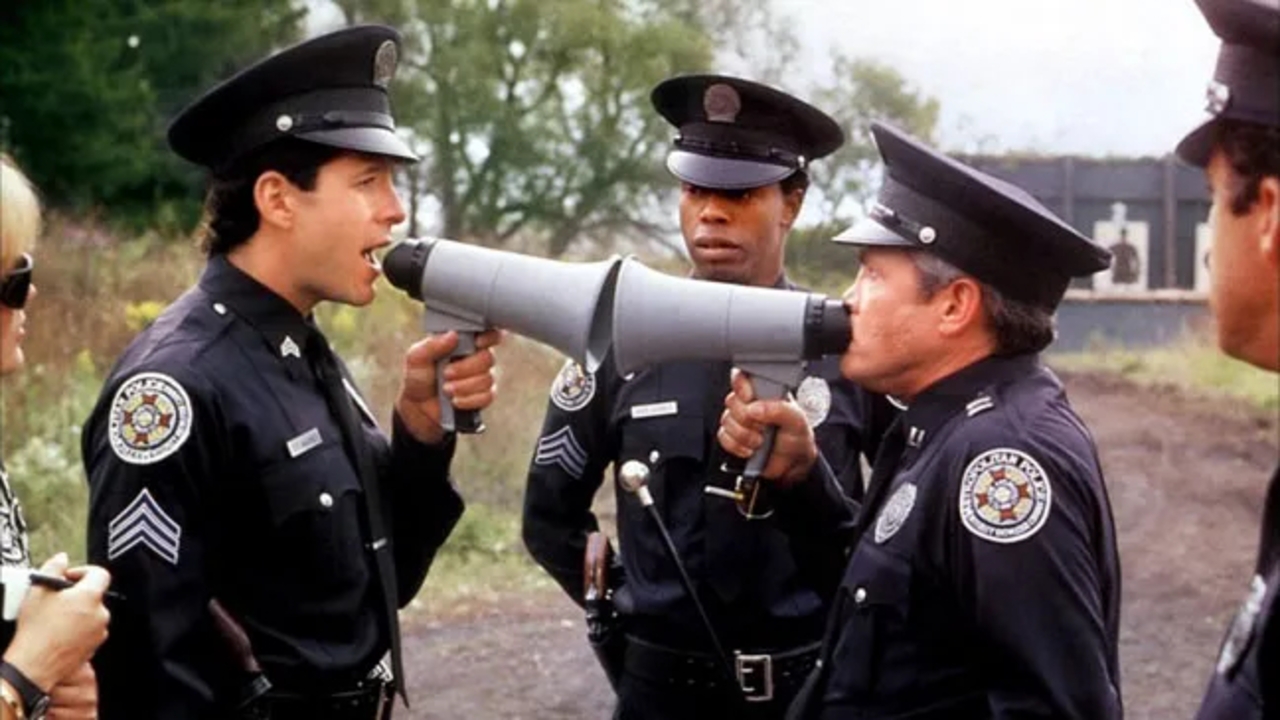
Why The Watchmen Failed: The Tyranny of Eloquent Vaugeries
During the course of their studies, many seminarians discover the calculated approach of being professionally vague. This is not something explicitly taught or even something about which most students are self-aware, but it becomes apparent that one may avoid a great deal of scrutiny by crafting presentations that are a bit… let’s call it ‘intentionally imprecise’. There is an undeniable skill involved here, of course—one cannot be obviously vague, or the ruse is up.
In the case of any complex or controversial issues, one may demonstrate sufficient subject matter knowledge, yet advance vague conclusions that avoid conflict or scrutiny (this is by design). This vagueness benefits from the liberal use of qualifiers that provide a cushion of plausible deniability if confronted. Direct questions are diverted with a sort of tactical retreat (ala motte-and-bailey)—tactics which are quite good for building social media clout, yet not so good for kingdom vitality.
The comforting balm for this vagueness is simply clarity. Yet few things cause offense as certainly as clarity, which is why such clear speech is often in short supply. Numerous biblical examples of quite clear and specific warnings against evil abound (often offered with vitriol and naming names), but such a mood is often considered improper or combative in our day. This inevitably leads to a narrowing process among Christian voices; only convenient and popular targets are named, while vagaries are the standard. Christian institutions (by official fiat or organizational culture) aim for a moderate center, while large swaths of congregants are left puzzled by the abundance of articles portraying the gospel via Taylor Swift lyrics while there seem to be unaddressed dragons clawing at the gates.
Scripture seems to indicate that the proliferation and influence of vague, ineffectual voices in Christian circles is a sign of God’s judgment on a people. God’s people are called to be a watchful people—attentive and engaged in this world and responding accordingly to threats that emerge. This awareness is not merely casually checking in on news headlines, but the sort of watchfulness that seeks to understand and identify what is happening and what must be done (1 Chron 12:32). Warnings against danger are accordingly addressed with a “prophetic” voice, speaking God’s instructions boldly. And such speech is often directed towards those with deaf ears and hard hearts, often to the detriment of the prophet’s safety and wellbeing… but they are to speak with clarity, nonetheless.
The biblical illustration of this watchfulness is the sentry standing watch through the night, posted high upon the city wall. This watchman is not carelessly passing the time; he is carefully scanning the horizon with his sword at the ready, prepared for battle and patiently watchful for any enemies that may arise. In fact, the role of the watchman is so vital that neglecting his duty is considered a serious offense (Ezek. 3:17–19; cf. 33:2–6; Isa. 62:6). This is more than just observation—it is an obedient analysis and response to the things that may threaten the city. The role of the watchman is to give a warning to the people when danger approaches, which entails properly identifying those dangers.
So, what are we think when a watchman fails in his task? Or when there is a sentry on the wall, yet the warning of danger is not given? What are we to do when the watchman mounts the wall, occupies his post, and yet the warnings from his mouth seem to fail to grasp the danger at the gates?
Just as a good prophet is a blessing to God’s people, a bad watchman is a curse and a sign of judgment. There are different reasons a watchman may fail at his task—whether he simply fails to see the dangers, or he incorrectly identifies friendly forces as threats. But no matter the cause, the result is that the people are improperly warned of danger and the city inevitably suffers.
Many watchmen in our day have failed to see major threats rising against the city gates. Marxism and critical theory made deep inroads into our institutions while we were instead warned against idolizing the Christian family. Feminism and egalitarianism spiraled while we were warned about legalism and toxic masculinity. Compromise and corruption spread unchecked while we were chastised about our tone and reminded the world was watching. As a result, divisiveness and general suspicion of others fomented within our own ranks.
As mentioned, these cases of the watchman’s failure are not just unfortunate lapses—they are signs of God’s judgment on the people. There is certainly a judgment that is levied against the watchman himself: “but if the watchman sees the sword coming and does not blow the trumpet, so that the people are not warned, and the sword comes and takes any one of them, that person is taken away in his iniquity, but his blood I will require at the watchman's hand” (Ezek 33:6). But there is also a sense in which the incompetent watchman is not simply failing at his duty; he is himself a sign and means of God’s judgment falling on a people. This becomes evident when the false prophet manages to offend neither the world nor the religious leaders with his message—which is not a fortuitous coincidence, but is rather a deliberate strategy that is being pursued (Luke 6:26).
It is good for Christians to avoid unnecessary vitriol, to be thoughtful when engaging in disagreements with others, and to strive for peace when possible. Yet when there are threats to the people that require our warning, we cannot be ambiguous. The task of the watchman is neither ignoring danger nor promoting veiled suspicions against those in his own camp. Christians are commanded to avoid ear-tickling (2 Tim 4:3) while speaking with boldness and clarity (Acts 4:29–31), and there is great opportunity in our day for Christians to once again act as proper watchmen.